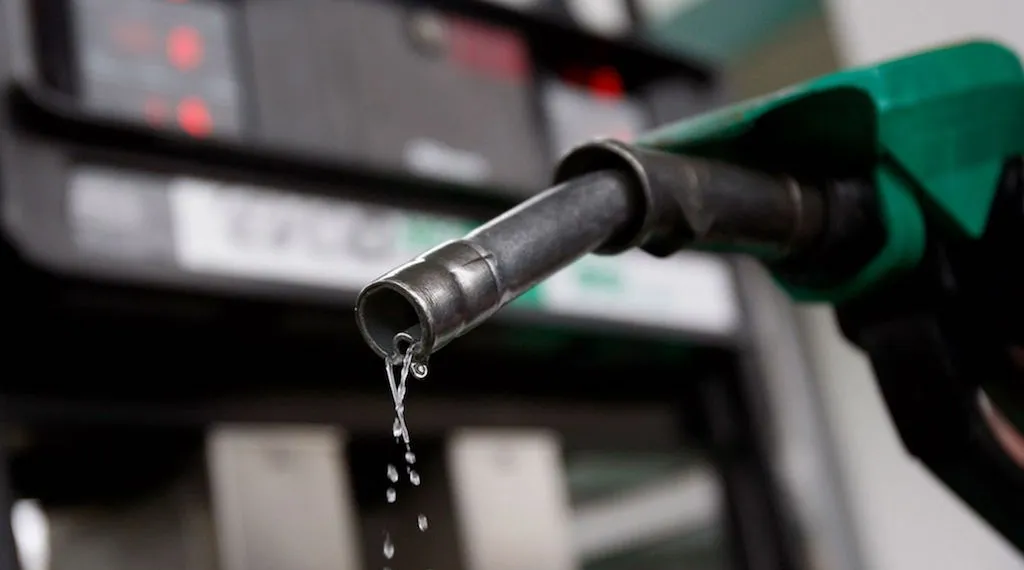Industry stakeholders in Nigeria’s petroleum sector have revealed that the pump prices of petrol, currently hovering between N900 and N950, may further drop to N500 per litre in 2025 amid ongoing reforms in the industry.
The National Publicity Secretary of the Independent Petroleum Marketers Association of Nigeria (IPMAN), Mr. Ukadike Chinedu, described the developments as transformative.
He noted that the competition among NNPC, Dangote, and other players has already resulted in significant price reductions.
“These changes are not just marginal but significant. For instance, NNPC reduced its ex-depot price from N1,045 to N899, and Dangote followed suit, slashing its price from N970 to N899.50. This is a clear indication of the benefits of multiple production sources,” Ukadike stated.
Similarly, Mr. Billy Harry, President of the Petroleum Products Retail Owners Association of Nigeria (PETROAN), emphasized the potential for affordable fuel prices in 2025.
“The operational capacity of local refineries will create cheaper fuel options for Nigerians. We expect this trend to continue as competition deepens,” he said.
READ ALSO: Surging fuel prices force Nigerians to abandon vehicles at home
According to Mr. Iche Idoko, Publicity Secretary of the Crude Oil Refiners Association of Nigeria (CORAN), consumers will soon benefit from the hallmarks of a deregulated market.
“We are witnessing the early gains of deregulation—price drops, improved product quality, and competitive incentives for bulk buyers. As more refineries come online, the industry will evolve into a buyer’s market,” Idoko explained.
Despite the optimism, challenges remain. The Kaduna Refinery’s rehabilitation has stalled due to high costs and technical hurdles.
Furthermore, only five of Nigeria’s 25 licensed modular refineries are operational, underscoring the need for sustained investment in refining infrastructure.
However, with government policies aligned toward efficiency and private sector involvement on the rise, stakeholders believe the petrol market is poised for transformative growth.
The federal government’s deregulation policy is fostering healthy competition and efficiency among petroleum marketers, enabling a more consumer-friendly pricing model.
The Port Harcourt, Warri, and Dangote refineries, now operational, are set to significantly boost local fuel production.
The Warri Refining and Petrochemical Company (WRPC) recently began operations at 60 per cent capacity, producing kerosene, diesel, and naphtha, while the Dangote Refinery injects seven million litres of petrol into the domestic market. The older Port Harcourt Refinery is also producing 1.4 million litres of petrol daily.
READ ALSO: Naira-for-crude deal starts Tuesday as Nigerians anticipate lower fuel prices
The Federal Executive Council’s decision to sell crude to local refineries with payment in naira is reducing reliance on foreign exchange for imports, mitigating inflationary pressures.
Modular refineries, which primarily produce diesel, are now planning to diversify into petrol production, driven by improved market demand and regulatory incentives.
The Nigerian Midstream and Downstream Regulatory Authority (NMDPRA) reported that local refining currently accounts for only 20.5 per cent of the country’s 40 million litres of daily petrol consumption.
However, with expanded capacity from new and existing refineries, this figure is set to rise, reducing reliance on imports and fostering price stability.

 Entertainment6 days ago
Entertainment6 days ago
 Health1 week ago
Health1 week ago
 Health4 days ago
Health4 days ago
 Football1 week ago
Football1 week ago
 Football1 week ago
Football1 week ago
 Crime5 days ago
Crime5 days ago
 Education6 days ago
Education6 days ago
 Crime1 week ago
Crime1 week ago

